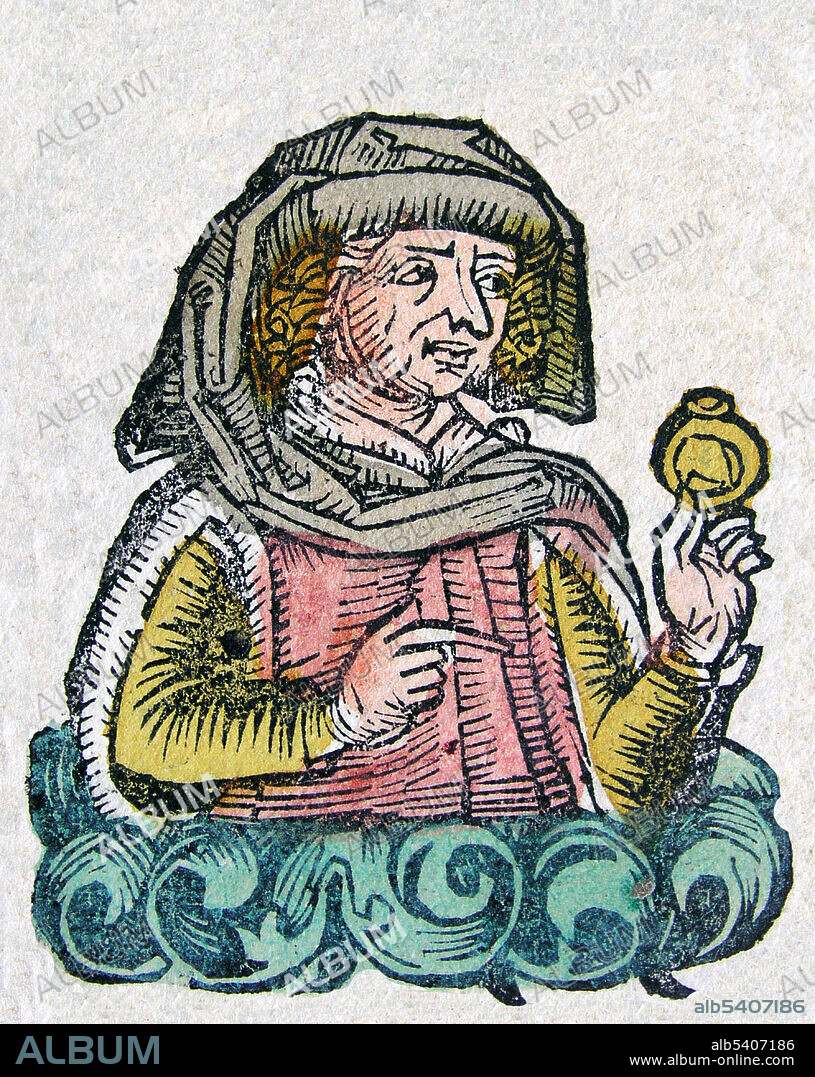alb5407186
Ovid, Ancient Roman Poet

|
Ajouter à une autre Lightbox |
|
Ajouter à une autre Lightbox |



Avez-vous déjà un compte? S'identifier
Vous n'avez pas de compte ? S'inscrire
Acheter cette image.
Sélectionnez l'usage:

Titre:
Ovid, Ancient Roman Poet
Légende:
Voir la traduction automatique
Publius Ovidius Naso (43 BC-17/18 AD), known as Ovid, was a Roman poet best known as the author of the three major collections of erotic poetry: Heroides, Amores, and Ars Amatoria, and of the Metamorphoses, a mythological hexameter poem. He is considered a master of the elegiac couplet, and is traditionally ranked alongside Virgil and Horace as one of the three canonic poets of Latin literature. His poetry remains one of the most important sources of classical mythology. The exile of Ovid is one of the most mysterious events of what is now called Classical antiquity. In 8 AD he was banished from Rome to Tomis, on the shores of the Black Sea, by decree of the emperor Augustus, but for reasons never definitively answered. In exile, Ovid wrote two poetry collections titled Tristia and Epistulae ex Ponto, illustrating his sadness and desolation. Being far from Rome, he had no access to libraries, and thus might have been forced to abandon the Fasti poem about the Roman calendar, of which only the first six books exist - January through June. He died 17 or 18 AD, at the age of 58 or 60. Woodcut (cropped and cleaned) from Nuremberg Chronicle, 15th century.
Crédit:
Album / Science Source
Autorisations:
Modèle: Non - Propriété: Non
Questions sur les droits?
Questions sur les droits?
Taille de l'image:
3580 x 4500 px | 46.1 MB
Taille d'impression:
30.3 x 38.1 cm | 11.9 x 15.0 in (300 dpi)
Mots clés:
 Pinterest
Pinterest Twitter
Twitter Facebook
Facebook Copier le lien
Copier le lien Email
Email
